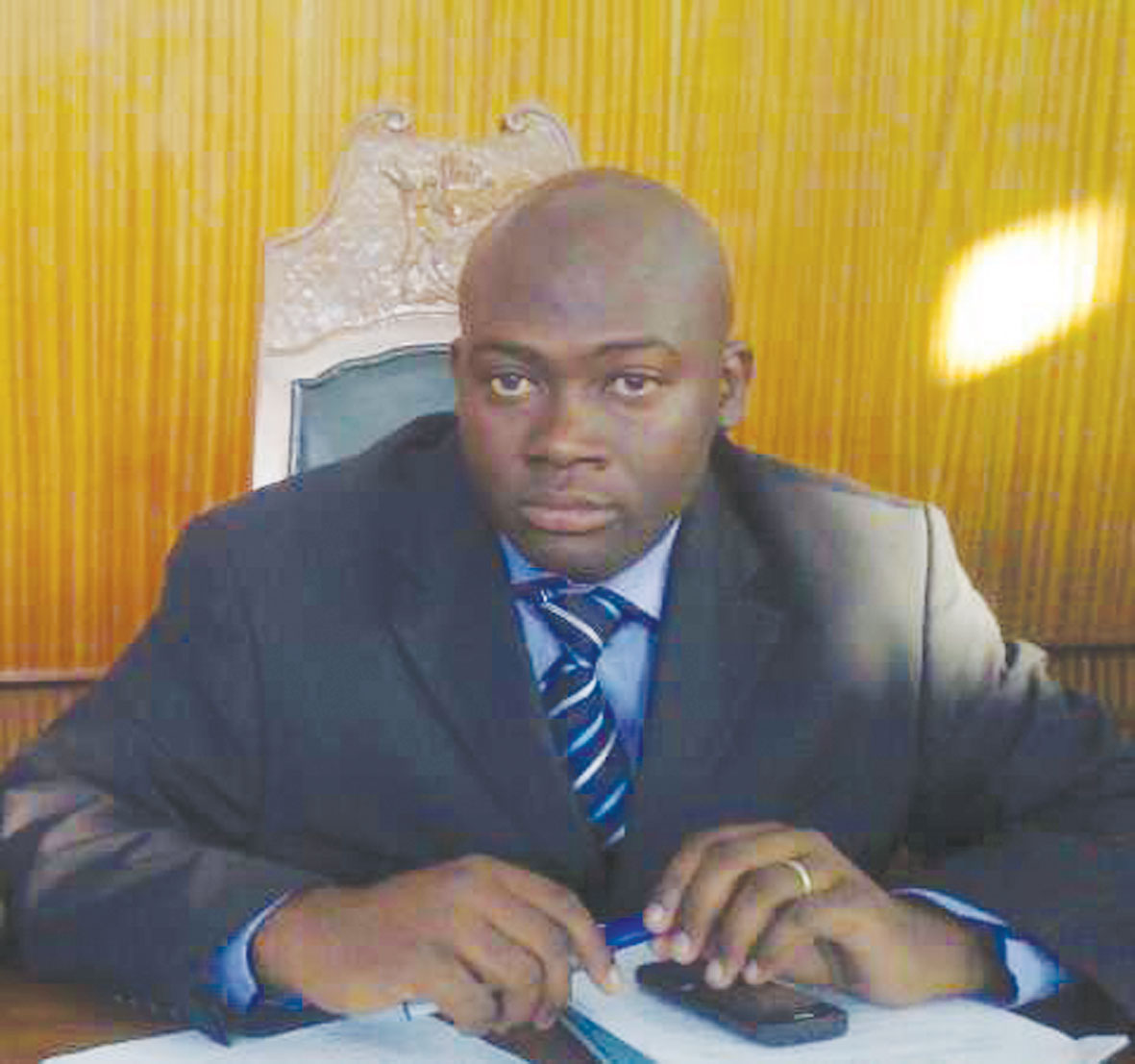
FOR 22 months, Chitungwiza town workers wake up every morning and go to work, for nothing, as if they are voluntary workers. By MOSES MATENGA
This is also the case in the capital, Harare where the workers were last paid in October last year and in Mutare where for nine months, the workers have not received their salaries.
“We are now approaching 22 months without getting our full salaries in Chitungwiza. Dozens of workers passed on last year, they could not access medication and our children are not going to school,” one employee told The Standard.
Socially, they have been hugely affected; no landlord accepts them as long as they are employed by the local authority.
Workers’ council representatives who tried to confront their employer have been fired.
Chitungwiza mayor Philip Mutoti seems to have no immediate solution to the crisis. He says the issue was beyond him, laying blame squarely on residents who were failing to pay rates.
“We are really trying to give them something, but we depend on what people pay for services rendered. Residents are not paying and we are overstaffed as a council. We have started a process of retrenching workers,” Mutoti said.
While Mutoti also does not have a tangible solution to the crisis, the same can be said of Harare mayor Bernard Manyenyeni and his Mutare counterpart Tendai Nhamarare.
- Harare cancels Pomona waste deal
- Devolution gains remain a mirage
- Harare cancels Pomona waste deal
- Pomona saga: Harare handed shock US$750k ‘garbage’ bill
Keep Reading
Recently, council workers wrote to Manyenyeni demanding a meeting with him and threatening to down tools if their grievances were not addressed.
Manyenyeni came under fire last week from MDC Renewal Team secretary for local government Benison Ntini who said Harare has become one of the dirtiest cities in Africa. He blamed this on negligence by the MDC-T dominated council which he said was now the worst run in the country.
Ntini accused elected councillors of failing to act in the best interest of the citizens.
But in admission that the problems Harare was facing were bigger than an individual, Manyenyeni said: “They are barking up the wrong tree. We expect them to know better. Their call is not compelling at all, quite void actually.”
“Actually, I feel a bigger failure by not finding a home for the quadruplets born at Harare Hospital than whatever they are going on about. The very real issue being the gap between what I can do legally and practically,” Manyenyeni said.
Observers said the employees were being forced to come to work out of fear and desperation, adding that the situation was aiding corruption in the service delivery sector.
In many incidences residents have to fork out something to council workers in order to be served including having a simple house plan approved.
Nhamarare said: “There are owed nine months. That is to say we are nine months behind. This obviously has an effect on service delivery but we want to thank our workers for being patient. They are not threatening any strikes. They understand the situation.”
Urban councils — most of them MDC-T run — have failed to turn around fortunes of their cities but shift the blame to President Robert Mugabe’s government for failure to address the economic challenges facing the country.
Residents are also worried that if nothing is done by councils or government, they are doomed.
Combined Harare Residents Association (CHRA) chairman Simbarashe Moyo said it was disturbing that councils were failing to pay their workers.
“It has an impact on service delivery, it compromise services that we get. I want to blame the minister who slashed rates in 2013. It has affected the local authorities permanently,” Moyo said.
“We are really worried and something has to be done and government has to bail out local authorities. Council must not expect residents to pay timely when the council is failing to pay its workers on time.”
As for Harare, workers say they are bitter because of reports that management at town house was gobbling thousands of dollars a month as allowances and salaries while the workers have nothing.
“To therefore expect service delivery from disgruntled workers is just asking for too much,” said one worker who said the only way to go was a full strike that would cripple the whole of Harare.
“Since we are not paid, why should we go to work? We need unity of purpose as workers to declare days where we congregate at one place to ensure nothing happens in as far as service delivery is concerned.”
Already the water supply is erratic, the drainage system pathetic and the roads are in a terrible state.
But others said it was difficult to take such an action as they were afraid of being fired.
Ntini warned that legal proceedings could be taken against the Harare City Council and all those elected to serve the residents for among other things, the dereliction of duty and the breach of the Constitution.
He said this could be done in line with Article 4 of The Bill of Rights, which states that housing and clean water are a basic human right.










